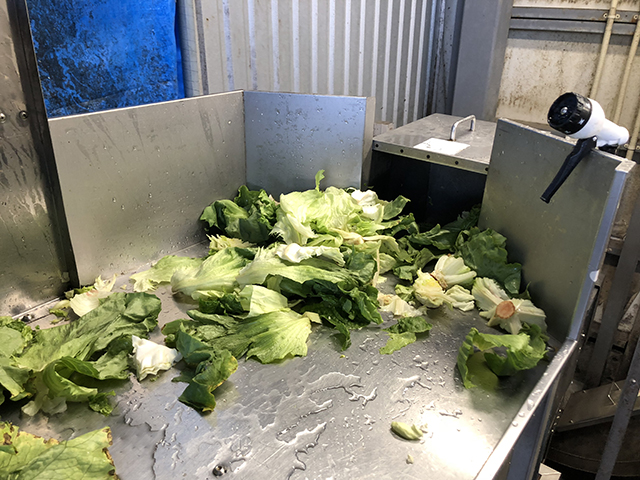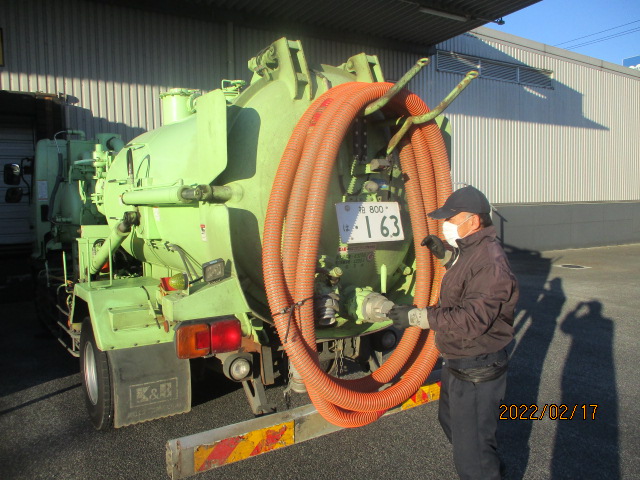Food Loss and Food Recycling Measures
Food Loss and Food Recycling Measures
Initiatives
-
Efforts to Reduce Food Loss
Each company within the Group is implementing initiatives to reduce food loss in food service operations.
At Kappa Sushi, by adopting a full made-to-order system where sushi is prepared only after an order is placed, food loss has been significantly reduced, as sushi is no longer continuously flowing on the conveyor belt.
Additionally, the "Cutting Meister" system has been introduced, where staff members learn the knowledge and techniques of sushi ingredient preparation. After passing an examination, they are certified as "Meisters." This improvement in cutting techniques not only enhances customer satisfaction but also contributes to reducing food loss through better yield management.
At Ootoya, as part of the "Mottainai Project - Phase 1," a campaign was launched to utilize "slightly smaller" standard items of Shima-hokke (a type of fish) that would not normally be used for the standard "Shima-hokke Set Meal" by offering them as a side menu item, "Mini Shima-hokke Grilled over Charcoal." Furthermore, efforts are being made to reduce food loss by enabling customers to take home leftover food.Waste Reduction and Improved Recycling Rate
The Group has been working to improve the food recycling rate at all of its factories, achieving a 100% recycling rate at all of them except for our main central kitchen in Kanagawa.
And in November 2023, at the Kanagawa factory, food waste generated during the food processing stages (i.e., food residues) began being treated through methane fermentation, converting it into renewable energy for biogas generation. Additionally, the residues left after methane fermentation are recycled into cement products for construction. With the implementation of this outsourced recycling process, all ten factories in the Group have now achieved a 100% food recycling rate.
We will continue our efforts to maintain a 100% food recycling rate in our factories moving forward.Reduction of Food Waste through the Introduction of Pre-Cut Vegetables
The vegetables supplied to each store are pre-cut at the Central Kitchen (CK) into sizes and shapes that are easier to prepare, contributing not only to the effective use of scraps but also to reducing food loss at the stores. The residual waste generated during the cutting process is composted using food waste treatment machines installed at the CK. By eliminating waste at the cutting stage in stores, we are promoting food waste reduction across the entire Group.
-
Supply of Used Cooking Oil for Domestic SAF Production
The Group is actively contributing to the production of sustainable aviation fuel (SAF)*by supplying used cooking oil from our domestic restaurants and contracted business sites.
* SAF is a renewable aviation fuel derived from non-fossil materials, which can reduce CO2 emissions by about 80% over its life cycle from raw material collection to production and combustion compared to traditional jet fuel.









